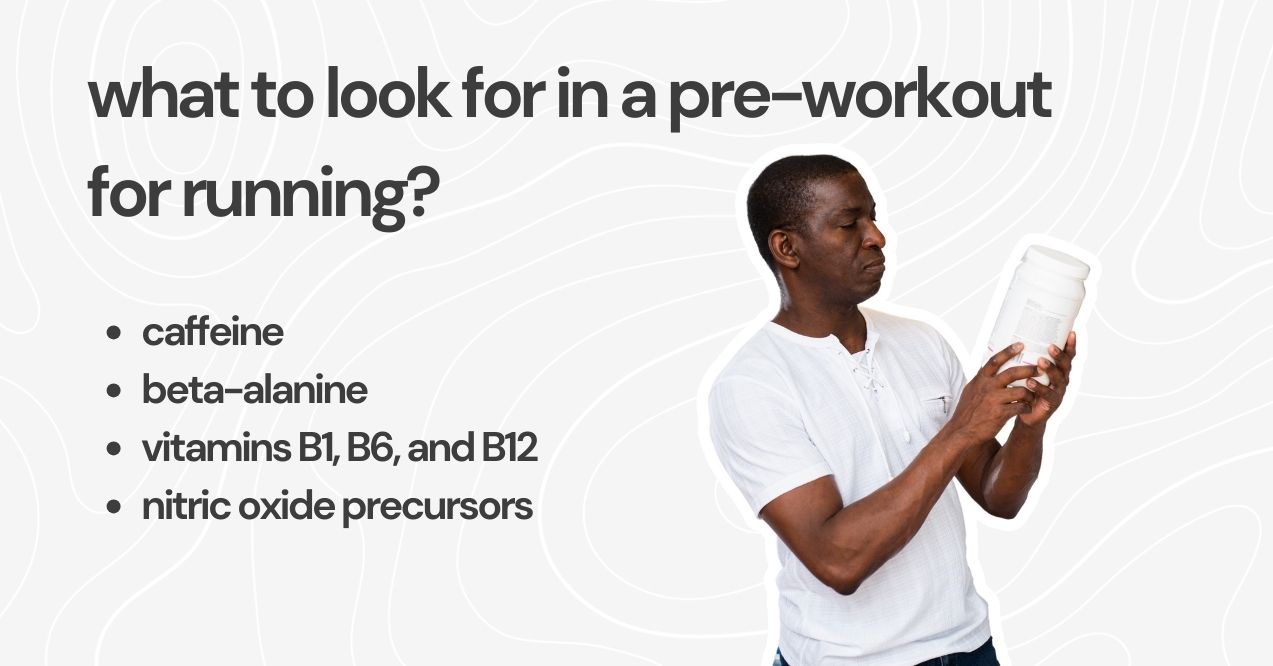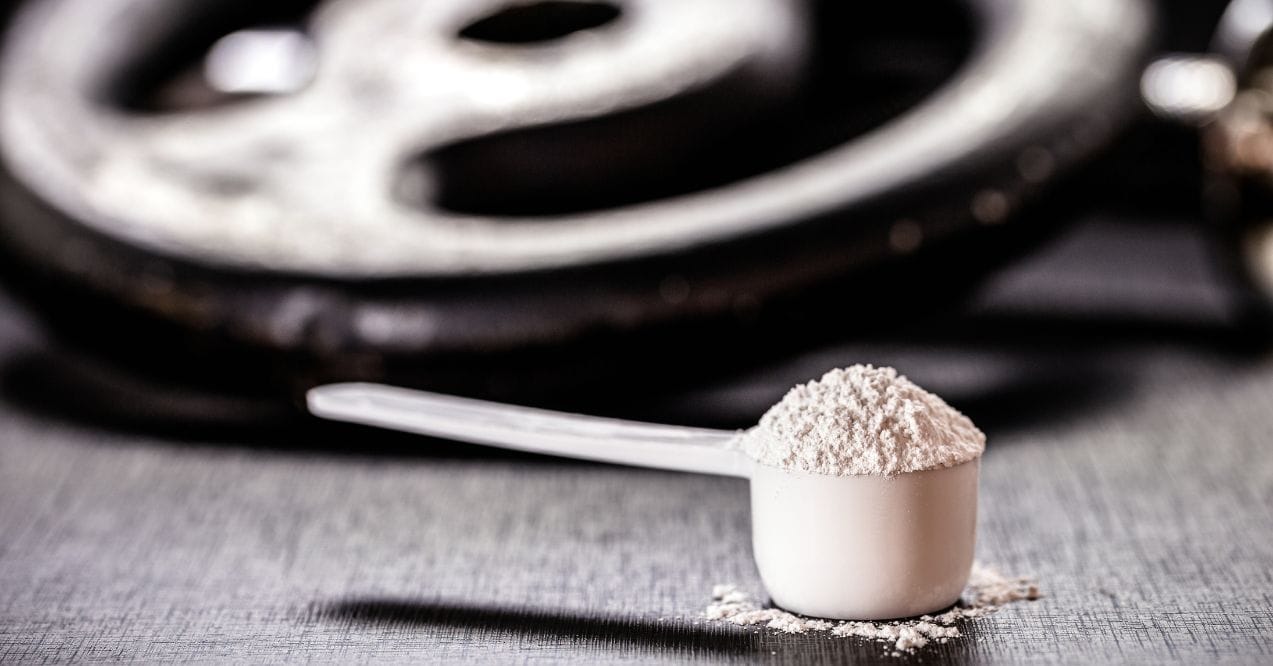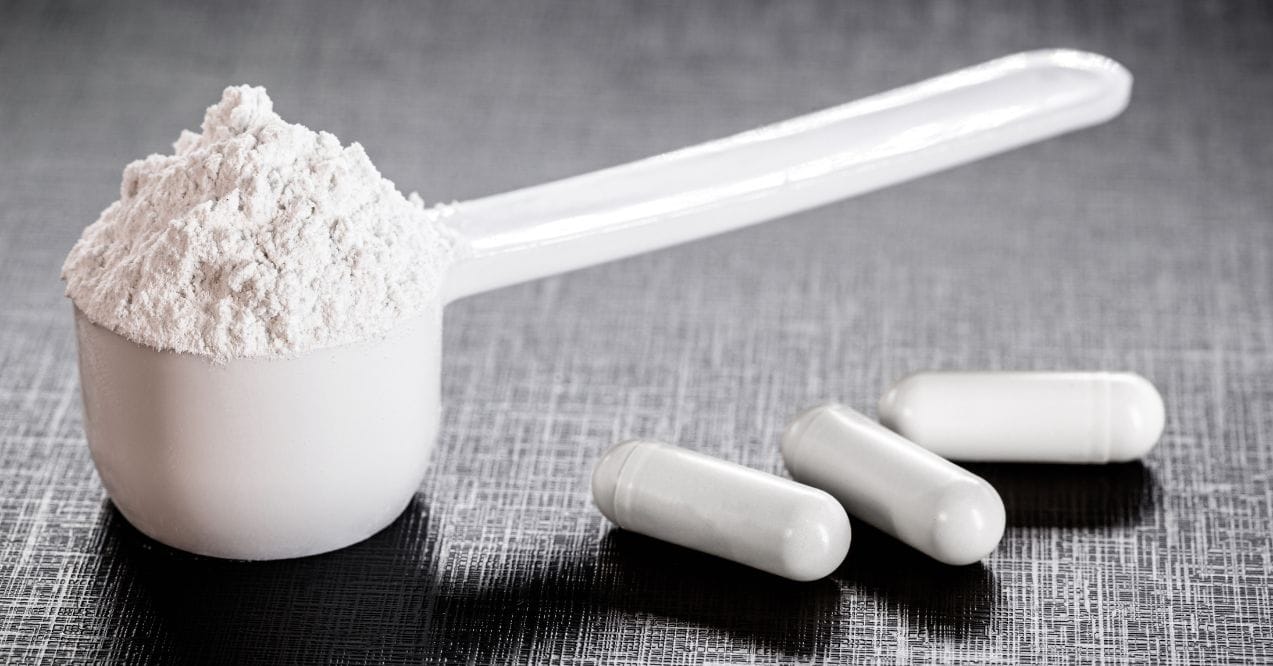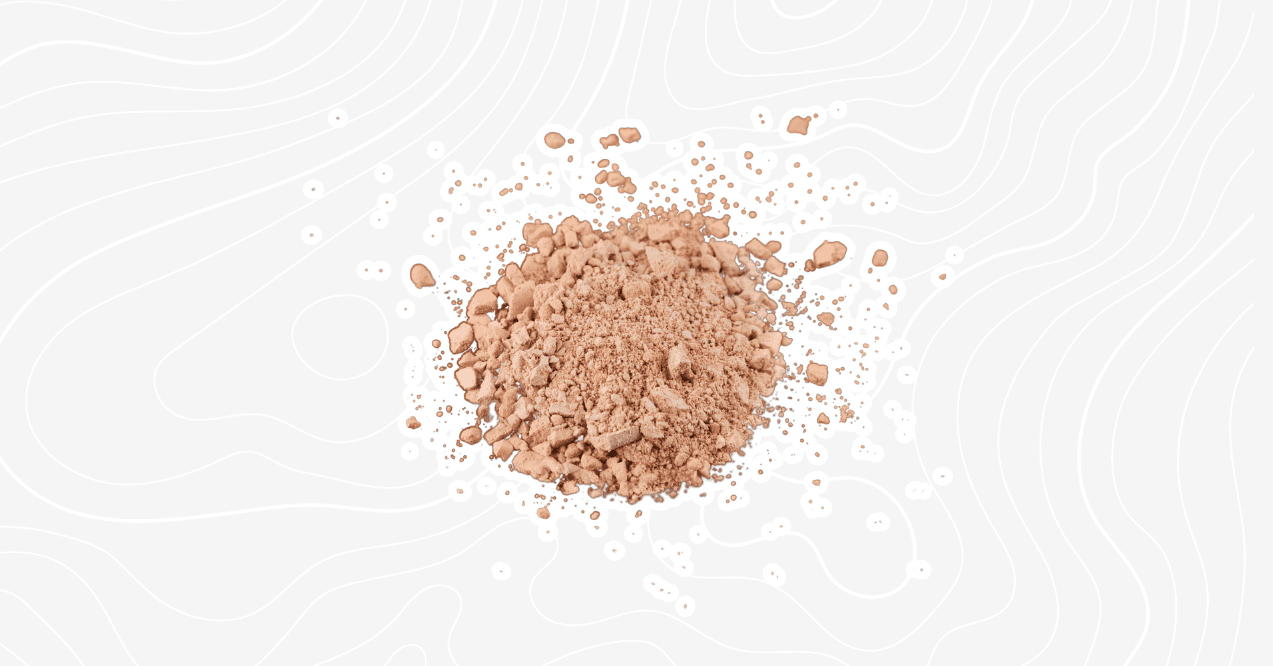Should You Take Pre Workout Before Running?
Let’s talk about pre workout before running. Picture this: you’re lacing up your running shoes, ready to hit the pavement. But wait! Is there something missing from your pre-run routine? While many runners focus on stretching, hydration, and a solid playlist, some are turning to pre workout supplements to give them an extra boost.
Before you dive into the world of supplements, it’s important to know what to look for in pre workout to ensure you’re getting the most out of your run. Additionally, keep in mind that does pre workout expire and how long does pre workout lasts are crucial questions to ask when using these supplements. Expired pre-workout can lose potency and may not provide the benefits you’re expecting.
In this article, we’ll dive into the world of pre workout for runners, exploring its potential benefits, side effects such as bloating after a workout and everything in between. Get ready to learn if pre workout before a run is the secret sauce your training has been missing!
Key Takeaways:
Is Pre Workout Good for Running?

So, is pre workout good for running? The answer isn’t quite as simple as a “yes” or “no.” While pre-workout supplements are often associated with weightlifting and high-intensity interval training (HIIT), they can also be beneficial for runners.
However, it’s important to keep in mind that NOT all pre workouts are created equal. Some formulas may be better suited for short, intense runs, while others may be designed to support longer endurance runs.
When considering if a pre-workout is right for your running routine, it’s crucial to look at the ingredients, your individual goals, and your overall health.
For example, if you’re sensitive to caffeine or have a history of heart issues, you may want to steer clear of pre-workouts with high caffeine content.
On the other hand, if you’re looking to improve your speed and power during shorter runs, a pre-workout with ingredients like beta-alanine and creatine could be just what you need.
It’s also worth noting that pre-workout supplements aren’t a magic solution. They won’t suddenly transform you into a world-class runner overnight. Instead, think of them as a tool to support your training, alongside a balanced diet, proper rest, and consistent practice.

What to Look for in a Pre-Workout for Running?

Now that we’ve established that pre-workout can be beneficial for runners, let’s talk about what to look for when choosing a formula. First and foremost, pay attention to the ingredient list. Some key ingredients to keep an eye out for include:
- Caffeine –This stimulant can help improve focus, alertness, and endurance. Look for a moderate dose (around 100-200mg) to avoid jitters or crashes.
- Beta-alanine – This amino acid can help delay muscle fatigue, allowing you to run harder for longer.
- Vitamins B1, B6, and B12 – This B complex helps fuel nerves and muscles, increase reaction time, reduce pro-inflammatory muscle damage and damage, and delay fatigue.
- Nitric oxide precursors (like beetroot, L-citrulline, or L-arginine) – These ingredients may improve circulation, delivering more oxygen and nutrients to your muscles.
When choosing a pre-workout, also consider the recommended dosage and make sure it aligns with your body weight and tolerance levels. It’s always a good idea to start with a lower dose and gradually increase as needed.
If you’re looking for a pre-workout that checks all these boxes and more, consider trying trumeta pre-workout powder. This game-changing formula is infused with beta-alanine to boost endurance and delay fatigue, ginseng and l-tyrosine to reduce stress on the body and help stay focused, and a powerful combination of beetroot and B vitamins to support your physical and mental performance.
With trumeta pre-workout powder, you may expect to experience improved results, optimized muscle growth, unmatched resistance to fatigue, and elevated stamina and endurance. Give it a try and let every run be a step closer to your goals!
Three Benefits of Pre-Workout for Runners

Pre-workout supplements can offer a range of benefits for runners looking to improve their performance, energy levels, and endurance. In this section, we’ll explore three key advantages that pre-workout can provide to help you take your running to the next level. Then how does pre workout help with running exactly?
1. Enhanced Performance
One of the primary benefits of pre-workout for runners is improved performance. Ingredients like caffeine and beta-alanine have been shown to increase speed, power, and endurance. These components work together to help you run faster, stronger, and for longer periods, allowing you to push your limits and achieve your goals.
2. Increased Energy
Let’s face it: sometimes, finding the energy to lace up and hit the pavement can be a struggle. This is where pre-workout supplements can be a game-changer. Stimulants like caffeine can provide a much-needed energy boost, helping you push through those tough miles. However, it’s important to find a balance and avoid overstimulation, which can lead to jitters and anxiousness.
3. Delayed Fatigue
Ever feel like your legs turn to jelly halfway through your run? Pre-workout supplements can help delay the onset of muscle fatigue, thanks to ingredients like beta-alanine and nitric oxide precursors. Beta-alanine helps buffer lactic acid, while nitric oxide precursors may improve circulation and oxygen delivery to your muscles. This dynamic duo can help you maintain a steady pace and push through those final miles.
Should You Take Pre-workout Before Each Run?
Now that we’ve covered the benefits of pre-workout for runners, you might be wondering if you should take it before every run. The answer depends on your individual goals and training schedule.
So, is it bad to take pre workout before cardio? If you’re gearing up for a race or a particularly challenging run, taking a pre-workout can give you the extra edge you need to perform your best. However, if you’re just heading out for an easy jog or a recovery run, you may not need the added boost.
It’s also important to consider how long does pre workout last. Most pre-workouts will last between 30 minutes to 2 hours, depending on the ingredients and your metabolism. If you’re planning a longer run, you may want to time your pre-workout accordingly to avoid a mid-run crash.
Does Pre-workout Have Any Side Effects for Runners?
People sometimes wondering does pre workout cause acne? While this is not true, there may be some other side effects. These may include:
- Jitters or anxious feelings, especially if you’re sensitive to caffeine
- Digestive issues, like bloating or an upset stomach
- Difficulty sleeping if taken too close to bedtime
- Dehydration, as some ingredients can have a diuretic effect
- Headaches or dizziness, particularly if you’re not used to the ingredients
To minimize the risk of side effects, start with a lower dose and gradually increase as your body adjusts. Always read the label carefully and follow the recommended dosage. If you have any pre-existing health conditions or concerns, it’s best to consult with your healthcare provider before starting any new supplement regimen.
Final Thoughts
Pre-workout supplements can be a valuable tool for runners looking to enhance performance, energy levels, and endurance. By selecting the right ingredients, such as caffeine, beta-alanine, and nitric oxide precursors, you can optimize your training sessions and push your limits. However, it’s important to remember that supplements like pre-workout aren’t one-size-fits-all. Understanding your own goals, sensitivities, and training needs will help you make the most of your supplement routine.
Additionally, always keep in mind practical concerns like “Does pre workout expire?” to ensure you’re using a safe and effective product. As with any supplement, pre-workout is best used in conjunction with a balanced diet, adequate rest, and consistent training. Whether you’re chasing a personal best or just trying to find the energy to lace up and hit the road, the right pre-workout can be a helpful boost in achieving your running goals.
Wait at least 3-4 hours after taking pre-workout before drinking coffee to avoid excessive caffeine intake. Monitor your tolerance and adjust accordingly. If you’re sensitive to caffeine, consider avoiding coffee altogether on days you take pre-workout to prevent jitters, anxiousness, or sleep issues.
Yes, pre-workout can help with running by improving focus, increasing energy, and delaying fatigue. Ingredients like caffeine, beta-alanine, and nitric oxide precursors support endurance, power, and recovery. However, individual results may vary, and it’s important to choose a formula tailored to your needs and goals.
Some alternatives to pre-workout include:
Coffee or green tea for a natural caffeine boost
Beetroot juice to improve circulation and endurance
Beta-alanine supplements to delay muscle fatigue
BCAAs to support recovery and reduce muscle damage
A balanced meal with complex carbs and protein 1-2 hours before running
It’s best to take pre-workout 20-30 minutes before running to give your body time to absorb the ingredients and feel the effects. Timing can vary based on the supplement, so always follow the instructions on the product label.
Advertisement. This site offers health, wellness, fitness and nutritional information and is designed for educational purposes only. You should not rely on this information as a substitute for, nor does it replace, professional medical advice, diagnosis, or treatment. If you have any concerns or questions about your health, you should always consult with a physician or other health-care professional. Do not disregard, avoid or delay obtaining medical or health related advice from your health-care professional because of something you may have read on this site. The use of any information provided on this site is solely at your own risk.







